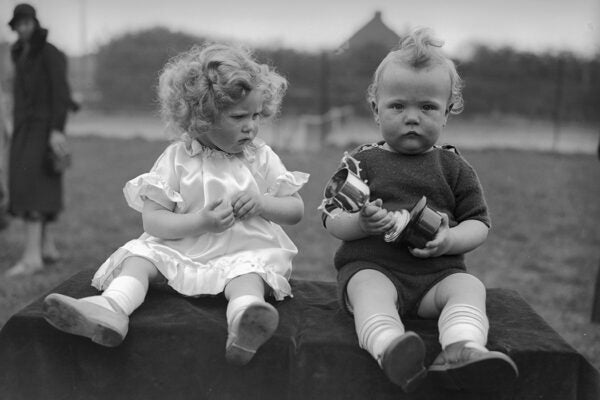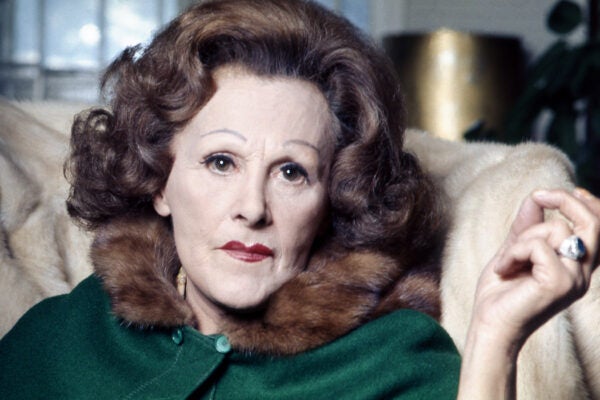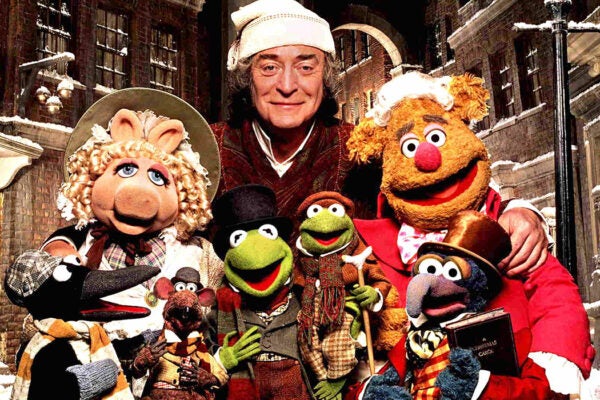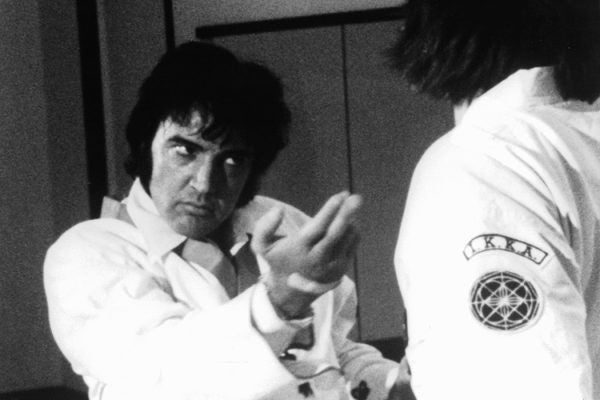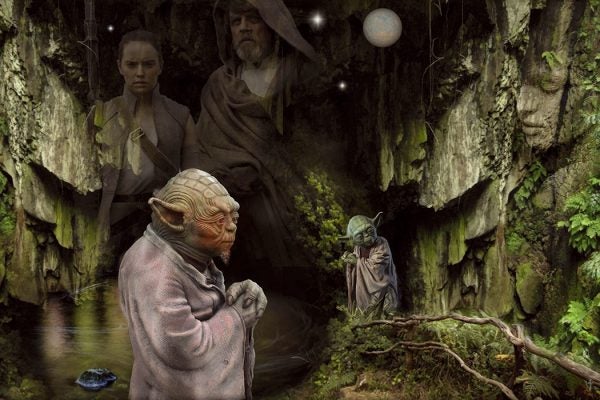Darling or Degrading? Baby Shows in the Nineteenth Century
A stunningly popular form of entertainment, baby pageants promoted the cult of domesticity, showcased maternal pride, and opened a path to fame and wealth.
The MCU: A Tale of American Exceptionalism
Evolving from a hated weapons manufacturer into a technocratic solution to the War on Terror, Iron Man epitomizes a militarized, defensive America.
American Daredevils
The nineteenth-century commitment to thrilling an audience embodied an emerging synergy of public performance, collective experience, and individual agency.
Lyndon B. Johnson’s Decision Speech: Annotated
United States President Lyndon B. Johnson’s televised announcement that he would not run for re-election shocked a nation divided by the Vietnam War.
The Rise and Fall of Fanny Cradock
Cradock was one of Britain's first celebrity chefs, but in what her viewers called “the Gwen Troake Incident,” she fell from her pedestal—hard.
“The Murders in the Rue Morgue” by Edgar Allan Poe: Annotated
Poe's 1841 story, arguably the first detective fiction, contains many tropes now considered standard to the genre, including a brilliant, amateur detective.
How Muppets Add Meaning to a Mass Media Christmas
The Muppet Christmas Carol works hard to get people to engage with Charles Dickens, but its real success is becoming part of the holiday itself.
The Plight of the Hunter
Seeking buried treasure has long been an American pastime, but its the failure to find the gold that keeps the hunt—and the story—alive.
Elvis and American Karate
Presley’s embrace of martial arts resonated with working- and middle-class Americans who felt alienated from the US justice system.
Is Star Wars Cultural Appropriation?
Orientalism is alive and well in the wildly popular franchise, argues one scholar.
